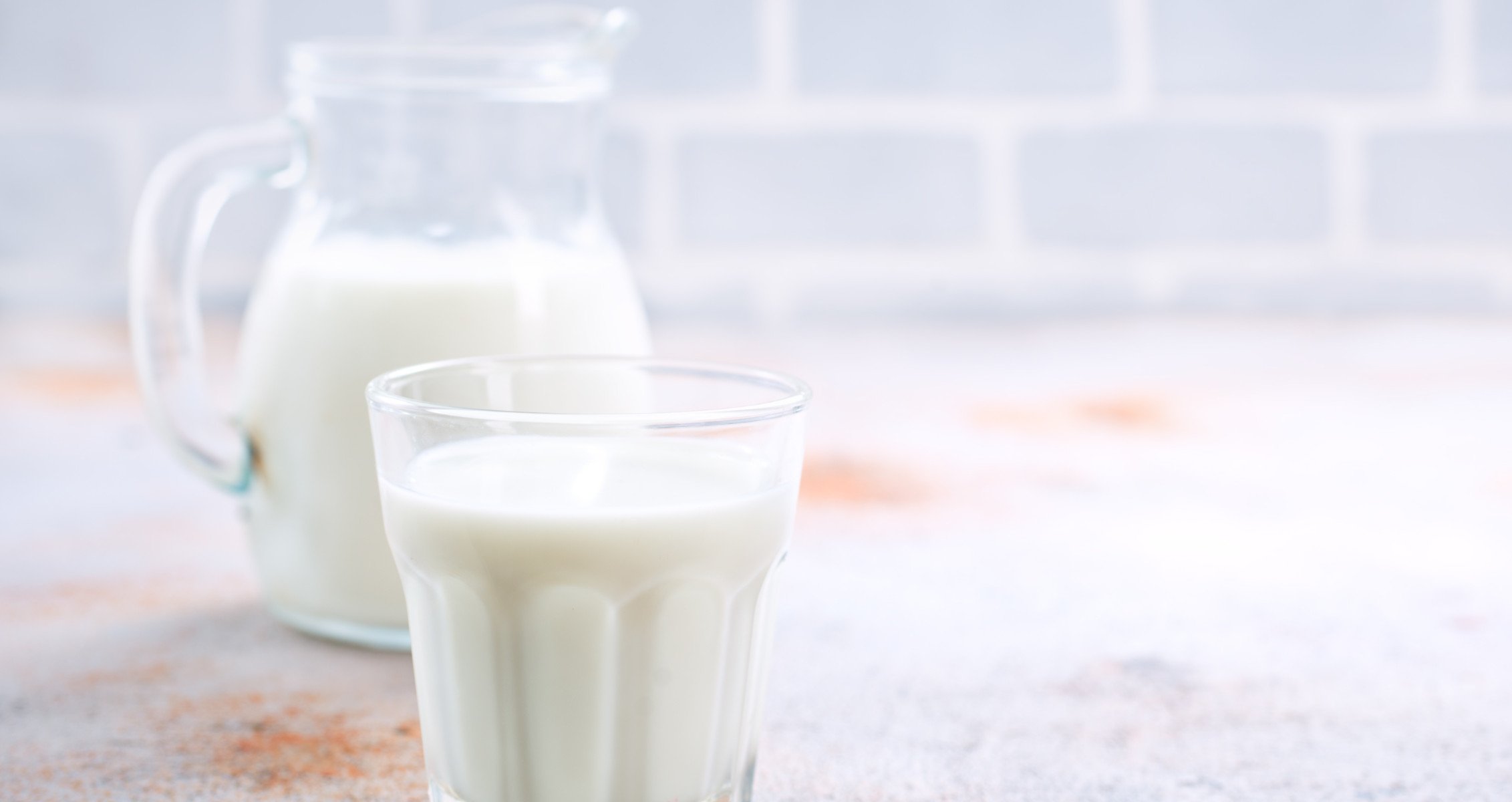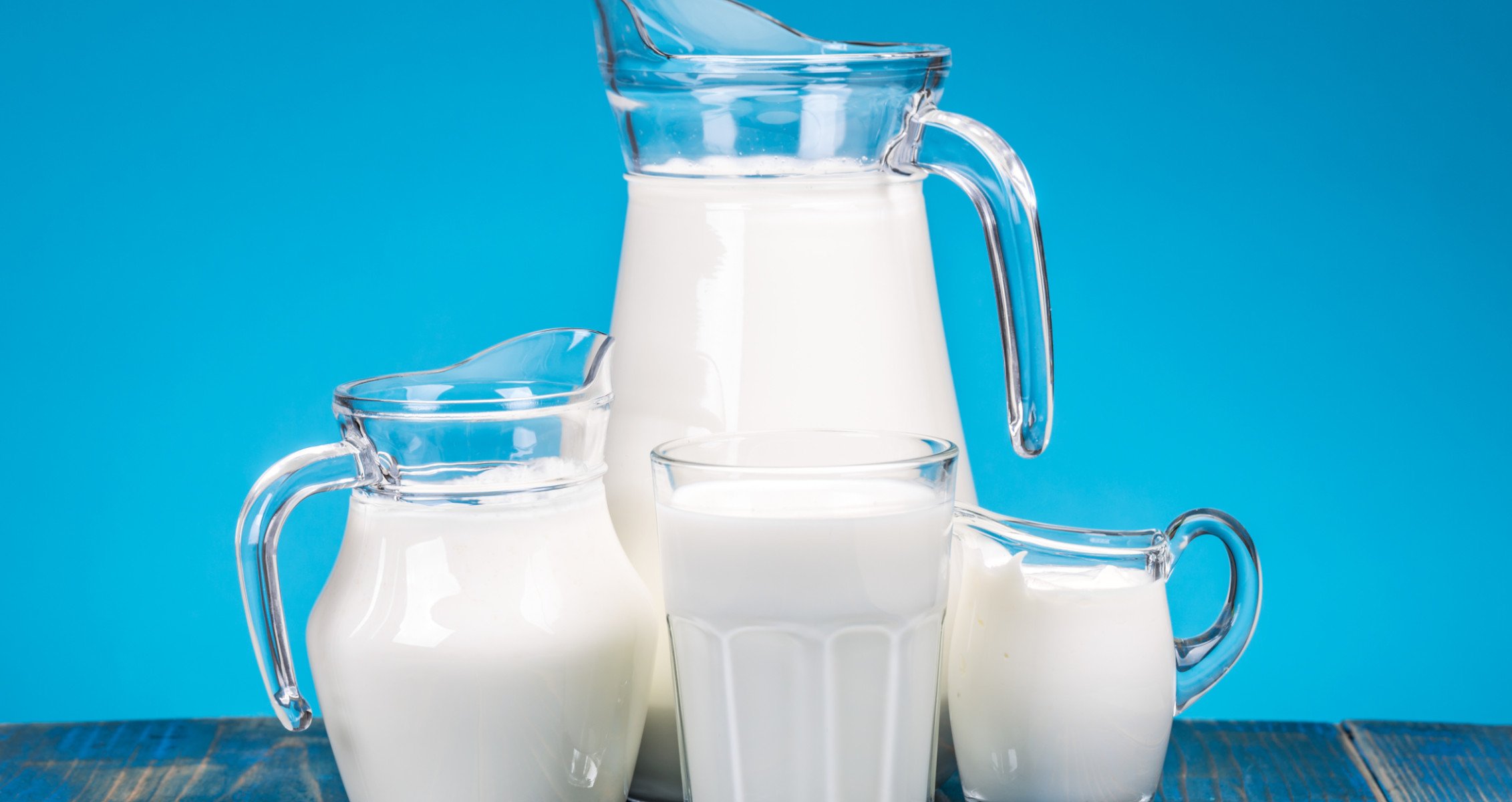Calcium: is Milk the optimum option?
Got Milk! This was a seminal American advertising campaign encouraging the consumption of milk, and featured many celebrities sporting the now iconic milk mustache.
And for years ads like this, and information from the National Institute of Health (NIH) and even the United States Department of Agriculture (USDA) have all been telling us that milk is the optimum source of calcium, but is it really?
Firstly, what is calcium?
Calcium is a mineral that the body uses to function, which includes building healthy bones, teeth, and it also enables our blood to clot, our hearts to beat and our muscles to contract.
99% of the body’s calcium is stored in the bones and teeth, with the remaining 1% is found in the blood, muscle, and other tissues.
How do we obtain calcium?
Our bodies cannot produce calcium so we get them from our food sources. If enough calcium isn’t consumed from food sources and your levels are low, then, the body will steal calcium from the bones to make up the difference, as this is our most abundant source.
If you do not consume enough calcium and calcium is continually taken from the bones, then the bones will eventually get weaker.
Your bone density, which is a measurement of the amount of calcium and other minerals in a segment of bone, is highest between ages 25 and 35, this diminishes as you get older, resulting in brittle and more fragile bones.
Where does it originate from?
Calcium comes from the earth, from soil in fact as calcium is a mineral. It is absorbed into the roots of plants, and this is where animals obtain their calcium. Plant foods such as green vegetables, beans, seeds and even fruits are rich in calcium.
Getting down to the facts: Milk and Bone Health
There has long been a correlation between drinking milk equating to bone health, due to calcium intake, and this myth has been perpetuated over the years by the dairy industry, but an article in the”American Family Physician,” from 2002 stated that ‘Lactase deficiency is present in up to 15 percent of persons of northern European descent, up to 80 percent of blacks and Latinos, and up to 100 percent of American Indians and Asians.
A 2017 study showcased that lactose intolerance is prevalent in ‘65-70% of the world’s adult population.
So, if most of the adult population is lactose intolerant, why are we told to drink milk?
Studies have also shown there to be a correlation between osteoporosis and fracture rates being higher in countries where dairy is consumed the most, these countries are the United States, Finland, Sweden and the United Kingdom, compared to Asian countries where very little milk is consumed.

A 2014 study released in The British Medical Journal (BMJ), that followed 61 433 Swedish women (39-74 years old) and 45 339 Swedish men (45-79 years old). The study found that the women who were drinking milk had higher rates of death, heart disease, and significantly more cancer.
Proving that there was no association with milk protecting bones, the study also stated that women who drank three or more glasses of milk a day, for instance, were 93% more likely to have died during the study period.
The men in the study also had a higher rate of death with higher milk consumption.
Another study of more than 96,000 people found that the more milk men consumed as teenagers, the more bone fractures they experience as adults.
Another 2005 review published in the American Academy of Pediatrics, and co-authored by Amy Joy Lanou PhD, showed that drinking milk does not improve bone strength in children. She writes that “Milk is unnecessary.” and that calcium can be found in a variety of plant-based sources.
So where should I get calcium from?
Good, non-dairy sources of calcium include: collards, almonds, bok choy, dried figs, tofu, fortified soy milk, broccoli, edamame, kale, sesame/ sunflower seeds, baked beans, sweet potatoes, supplements that contain calcium.
Calcium Absorption:
How efficiently can calcium be absorbed?
Well a study by Lanou published in 2009 showcased the absorption levels for Milk and non dairy products.
The results found that:
32% of calcium is absorbed from milk.
40-64$ of calcium is absorbed from beans and most greens.
28–36% of calcium is absorbed from Fortified cereals, juices, soy milk, rice milk, and others.
The absorption levels from milk are actually lower than food sources, so again debunking the myth that milk is the optimal source for calcium.

Sodium:
40-60 mg of calcium is excreted alongside 1000mg of sodium, so the higher your sodium intake is the more calcium you will likely excretion.
Caffeine:
Caffeine is a diuretic (makes you urinate, so the more caffeine or pre workout you drink the more calcium you excrete, for at least 3 h after consumption.
Protein:
As the intake of dietary protein increases, so does the urinary elimination of calcium. Also, as your body digests protein, it releases acids into the bloodstream, which the body neutralizes by drawing calcium from the bones. But don’t overdo the protein as a study from the Nurses’ Health Study found that women, who were observed over a 12-year period and who consumed 95g of protein a day had a higher rates of hip fracture.
Conclusion:
So is Milk really the optimal option, the evidence seems to point to no and calcium is readily available and abundant in many plant based food sources, fortified foods and non dairy milk, and with the calcium absorption level for these foods being higher than everyday cow’s milk itself.
So, while studies have showcased that that milk is actually bad for bone health, study authors claiming it to be ‘unnecessary’, ‘65-70% of the world’s adult population’ being lactose intolerant,and with dairy consuming countries being more at risk to osteoporosis, it makes it even more interesting as to why milk was and still is the poster child for calcium and to why the myth of milk being good for bones is still being perpetuated?
References:
http://www.bbc.com/news/blogs-echochambers-30091795
https://www.ncbi.nlm.nih.gov/pubmed/9224182
https://www.ncbi.nlm.nih.gov/pubmed/19350341
https://www.hsph.harvard.edu/nutritionsource/what-should-you-eat/calcium-and-milk/calcium-full-story/
https://medlineplus.gov/ency/article/002062.htm
https://ods.od.nih.gov/factsheets/calcium-consumer/
https://www.ncbi.nlm.nih.gov/pubmed/22393172
https://www.pcrm.org/good-nutrition/nutrition-information/health-concerns-about-dairy
https://www.aafp.org/afp/2002/0501/p1845.html
https://link.springer.com/article/10.1007%2Fs11894-017-0558-9
https://www.ncbi.nlm.nih.gov/pubmed/28421381
Studies:
https://www.ncbi.nlm.nih.gov/pubmed/9224182
https://www.ncbi.nlm.nih.gov/pubmed/22393172
https://www.ncbi.nlm.nih.gov/pubmed/24247817
https://www.bmj.com/content/349/bmj.g6015?etoc=
https://www.ncbi.nlm.nih.gov/pubmed/14586799
https://www.ncbi.nlm.nih.gov/pubmed/14506898
https://www.ncbi.nlm.nih.gov/pmc/articles/PMC4784799/
https://pediatrics.aappublications.org/content/115/3/736
https://milk.procon.org/view.answers.php?questionID=000817
https://academic.oup.com/ajcn/article/89/5/1638S/4596954
http://www.ncbi.nlm.nih.gov/pubmed/11315243
http://www.ncbi.nlm.nih.gov/pubmed/21461720 12
http://www.ncbi.nlm.nih.gov/pubmed/25907388.
https://ods.od.nih.gov/factsheets/Calcium-HealthProfessional/
https://fdc.nal.usda.gov/fdc-app.html#/food-details/781086/nutrients








